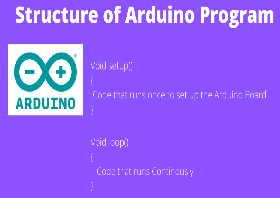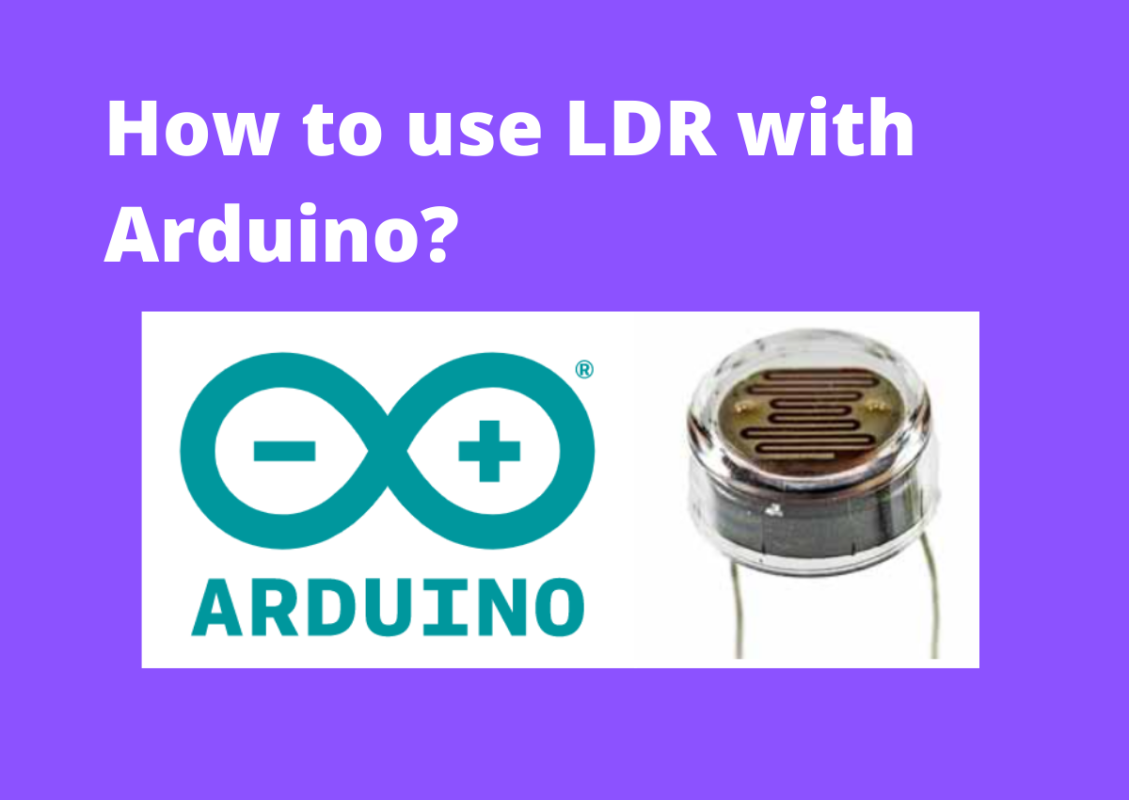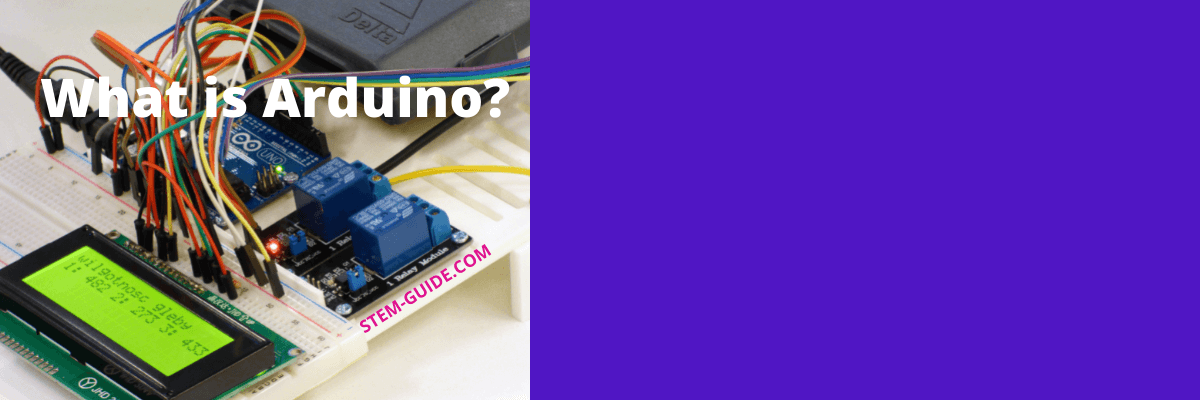Arduino Books: Here is a list of Arduino Books for Beginners to Advanced Level Learners.
List of Arduino Arduino Books
1. Arduino:
The ultimate Arduino guide for beginners, including Arduino programming, Arduino cookbook, tips, tricks, and more!
About the Books:
ARDUINO
This book is suitable for everyone that covers the basics of Arduino Microcontroller, and how to write Arduino programs to make your own projects. Here Is What You’ll Learn About Inside…
- What Is Arduino
- Arduino Basics
- Arduino Syntax
- Coding For Arduino
- Different Arduino Models
- Arduino Projects
- Much, Much More!
2. Arduino Projects for Engineers Paperback
Series of Electronics Projects for Beginners
Key Features
A comprehensive book for engineers to work on Arduino that covers the basics, the ecosystem of Arduino UNO and Nano, and Arduino IDE. It also introduces the latest Arduino Tian that runs on Linux. All the topics are presented in a crystal clear approach and user-friendly style with circuit diagram explanation and example code.
Description
It primarily focuses on 24 projects with proper circuit design and coding strategies for sensors, actuators, and other electronic components.
- Power Electronic devices like Mosfet and Triac to build inverters and AC regulation Circuits.
- How to use Matlab Software with Arduino.
- Software and Hardware aspects of each project.
Apart from that, this book will help students, beginners, and hobbyists to create their own innovative and exciting projects.
Table of Contents
1. LED Blink
2. LED With Push Button
3. ANALOG Input
4. Photo-Resistor
5. Photo-Resistor With LED
6. DC Motor With Transistor
7. DC Motor With L293D
8. SERVOMOTOR
9. LCD Display 10.
LCD With Keypad
11. Dot Matrix Display
12. 7 Segment Display
13. Unipolar Stepper Motor
14. Bipolar Stepper Motor
15. Serial Communication
16. Wireless Communication Using XBee
17. Infrared Remote Control
18. SD Card Logger
19. Arduino With MATLAB
20. Real-Time Clock
21. Inverter Using MOSFET
22. AC Regulation and Control
23. GSM
24. Arduino Standalone
3. Arduino: The Essential Step-by-Step Guide to Begin Your Own Projects (DIY Programming Projects, STEM)
Luckily for us, technological innovation has allowed us to experience something amazing! The Arduino platform is one of the best that you can choose from when you are working on a robotics or electronics project. It has a high ceiling in terms of what you can create, but the language is easy enough to learn for any beginner regardless of experience!
This book is the best option for beginners as the explanation of everey project is detail-oriented and easy to understand for anyone willing to learn Arduino and create oun projects.
In this wonderfully written guidebook, some of the things you will learn include:
✔ What is Arduino and how does it work
✔ How to work with Arduino and its user interface
✔ Step by step instructions on programming with Arduino
✔ Tips and tricks including troubleshooting instructions
✔ Fun projects to try out and start right away!
4. Begin with Arduino
About the Book:
Young children loves to make things from scratch, they just need some sort of guided projects to begin with working on Arduino. Interestingly, these children are not willing to wait for the time to enter the engineering college, they want to start making electronics projects with sensors-based data collection.
So, this book will make them learn the whole concept, hardware and programming, creating circuits and sensor-based projects easily.
Arduino Programming in 24 Hours, Sams Teach Yourself
It seems impossible that in just 24 sessions of an hour can make you learn Arduino and C programming. But this book really does it. After completing this book you can start creating your own projects easily.
This book is structured in such a way that provides step-by-step instructions, which will walk you through everything from setting up the programming environment to mastering C programming with Arduino. The lessons are self-explanatory and so easy to complete with all the example codes and circuit diagrams that does not require any external supports.
Each lesson ends with a small quizz session that will help you check your knowledge.
Learn how to…
- Get the right Arduino hardware and accessories for your needs
- Download the Arduino IDE,
- install it, and link it to your Arduino Quickly create, compile, upload, and run your first Arduino program
- Master C syntax, decision control, strings, data structures, and functions
- Use pointers to work with memory—and avoid common mistakes
- Store data on your Arduino’s EEPROM or an external SD card
- Use existing hardware libraries, or create your own
- Send output and read input from analog devices or digital interfaces
- Create and handle interrupts in software and hardware
- Communicate with devices via the SPI interface and I2C protocol
- Work with analog and digital sensors
- Write Arduino C programs that control motors
- Connect an LCD to your Arduino, and code the output
- Install an Ethernet shield, configure an Ethernet connection, and write networking programs
- Create prototyping environments, use prototyping shields, and interface electronics to your Arduino








